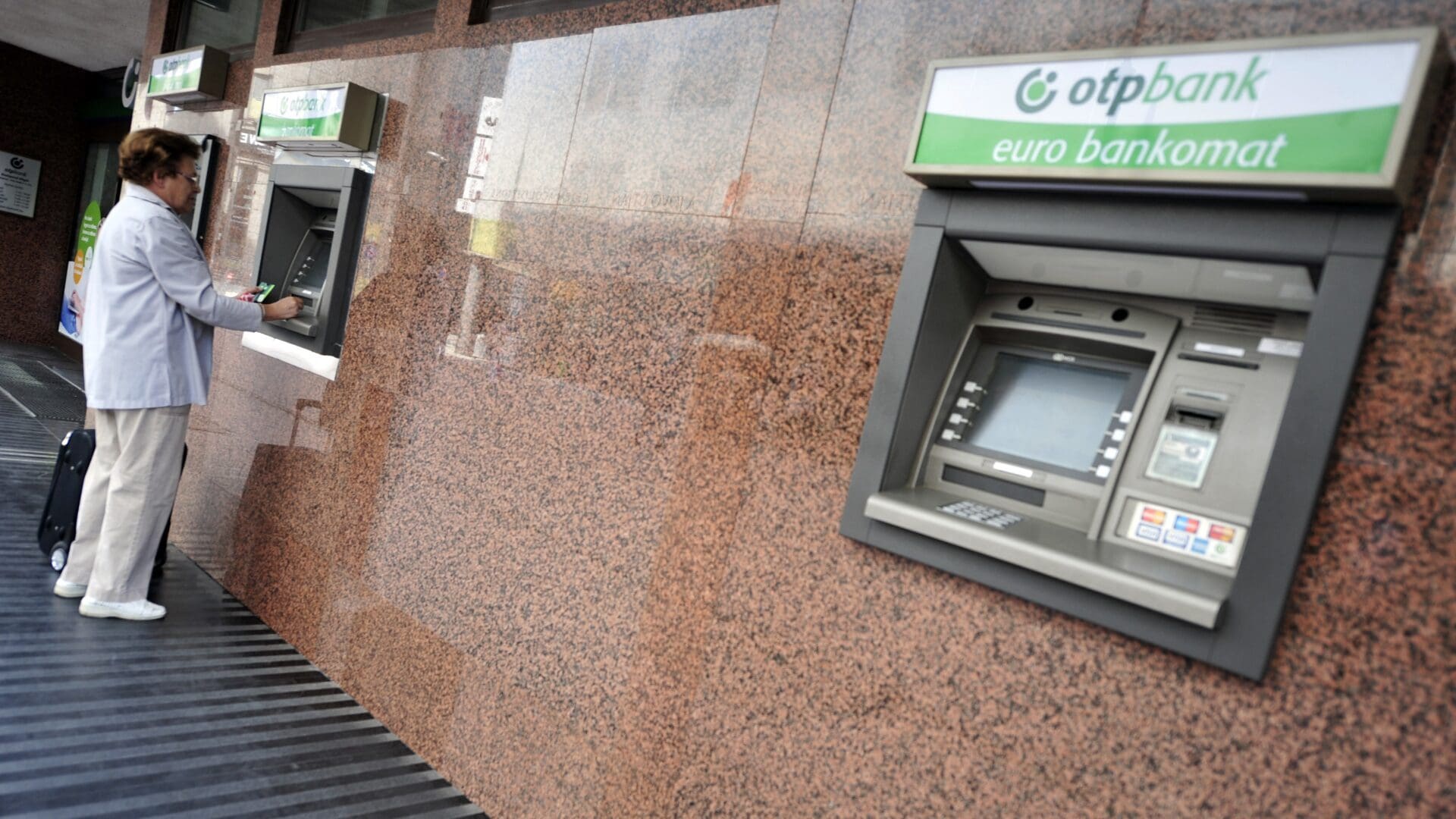The Ukrainian National Agency on Corruption Prevention (NAZK) announced on its website on Monday, 2 October that it has removed OTP Bank from the list of companies financing the war.
According to the statement, in recent days, OTP Bank made several commitments regarding its future plans in the Russian market during discussions involving the European External Action Service. ‘NAZK, in compliance with the agreement, has removed the bank from the list of international sponsors of the war, and expects OTP Bank to promptly adhere to the agreement,’ the agency stated.
The agency had already temporarily suspended OTP Bank’s classification as an international sponsor of the war on Friday, 29 September.
Along with OTP Bank, five Greek shipping companies (Dynacom, Delta, Thenamaris, Minerva, TMC) have also succeeded in having the their blacklisting lifted.
Ukraine accused these companies of illegally transporting Russian oil to circumvent sanctions price caps.
In August, the Ukrainian National Agency on Corruption Prevention classified Hungarian OTP Bank as an ‘international war sponsor’. The decision was made because despite the war in Ukraine, OTP Bank continued to maintain a presence in the Russian Federation.
According to the Ukrainian authorities, OTP Bank continued to pay taxes in Russia, thereby contributed to its state budget, also used to fund the war. In addition, Kyiv claimed—although without any evidence to support the allegation—that the branches OTP had in the territories occupied by Russia provide loans to civilians under Russian laws, and thus legitimizes the Russian territorial advances.
An additional charge against OTP was that in Russia it is providing loans ‘on favourable terms’ to members of the Russian military. It is important to highlight, however, that the latter is not the bank’s own initiative, but a legal requirement in Russia.
After the decision was published on the National Agency on Corruption Prevention’s website, OTP Bank issued a statement clarifying its activities on the Russian market, in an effort to debunk the spread of false information about its activities in the Ukrainian media. The statement said that OTP has been gradually reducing its operation in Russia, strategically shrinking its presence on the Russian market; for instance, its corporate credit portfolio was reduced by 75 per cent since the beginning of the invasion. Besides losing out in its investments in Ukraine, the assessment of OTP loans has also deteriorated in Ukraine since the war started. Now that that the bank has been removed from the blacklist, it is expected that its operations can continue normally in Ukraine.
Related articles:
Sources: Hungarian Conservative/MTI








